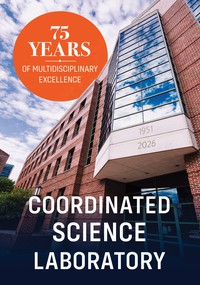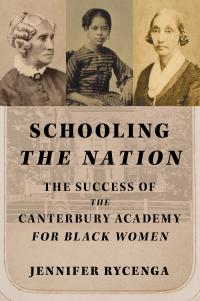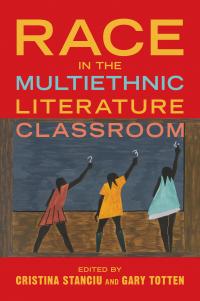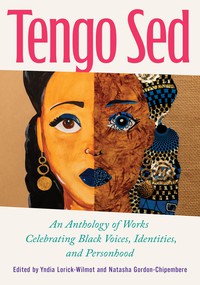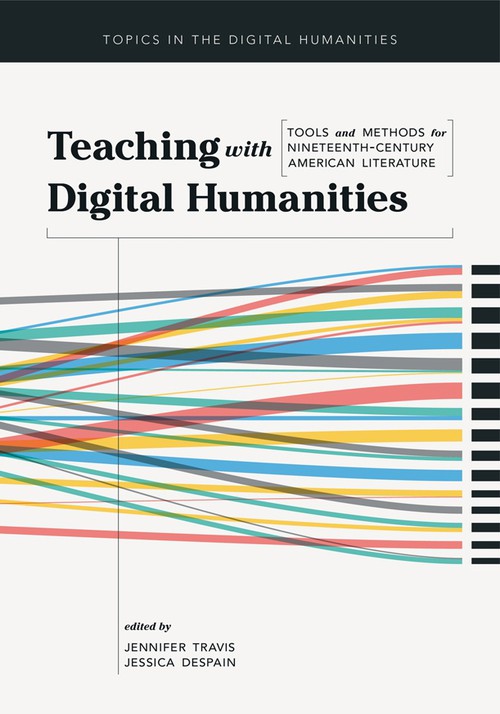
Teaching with Digital Humanities
About the Book
Jennifer Travis and Jessica DeSpain present a long-overdue collection of theoretical perspectives and case studies aimed at teaching nineteenth-century American literature using digital humanities tools and methods. Scholars foundational to the development of digital humanities join educators who have made digital methods central to their practices. Together they discuss and illustrate how digital pedagogies deepen student learning. The collection's innovative approach allows the works to be read in any order.Travis and DeSpain curate conversations on the value of project-based, collaborative learning; examples of real-world assignments where students combine close, collaborative, and computational reading; how digital humanities aids in the consideration of marginal texts; the ways in which an ethics of care can help students organize artifacts; and how an activist approach affects debates central to the study of difference in the nineteenth century.A supplemental companion website with substantial appendixes of syllabi and assignments is now available for readers of Teaching with Digital Humanities at https://files.press.uillinois.edu/books/supplemental/p083983/Travis_Supplements_source.pdf
About the Author
Jennifer Travis is a professor and chair of English at St. John's University. Her most recent book is Danger and Vulnerability in Nineteenth-Century American Literature. Jessica DeSpain is an associate professor of English language and literature, editor of The Wide, Wide World Digital Edition, and codirector of the Interdisciplinary Research and Informatics Scholarship Center at Southern Illinois University Edwardsville. She is the author of Nineteenth-Century Transatlantic Reprinting and the Embodied Book.Reviews
"Relevant not only to practitioners and theorists of digital humanities but also to students and scholars of 19th-century American literature. . . . Highly recommended." --Choice"Accessible, timely, and practical." --Legacy
Blurbs
"In this compelling collection of essays, Travis and DeSpain explore the many ways in which digital humanities scholarship is remaking the pedagogy of nineteenth-century American literature. Teaching with Digital Humanities highlights the virtues of estrangement--how we can better see books, manuscripts, and newspapers once they've been tagged, aggregated, or otherwise reconfigured. Both the material forms of texts and the contents they convey are ripe for fresh analysis in a digital environment. This book is an invaluable guide to teaching within a new horizon of possibility introduced by digital methods."--Kenneth M. Price, coeditor of The Walt Whitman Archive
Supplemental Links
Visit the supplemental appendix website for the bookSupplemental Material
How to use and build digital projects and how to incorporate into already established curriculum
Appendix 1.1
Final Essay Assignment: TEI as Interpretive Close Reading
By Elizabeth Hopwood
Appendix 2.1
Prudence Person’s Scrapbook: An Annotated Digital Edition
By Ashley Reed
Appendix 2.2
Digital Journal
By Ashley Reed
Appendix 4.1
Mapping Melville
By Wyn Kelley
Appendix 5.1
Senior Seminar on Data Approaches to Emily Dickinson and Eliza R. Snow
By Cynthia L. Hallen
Appendix 6.1
Syllabus: The Digital Nineteenth Century
By Robert Davis
Appendix 6.2
Digital Project Evaluation
By Robert Davis
Appendix 6.3
Text Mining and Analysis Paper (two–three pages)
By Robert Davis
Appendix 6.4
Research Project and Poster Presentation
By Robert Davis
Appendix 8.1
Introduction to English Studies
By Nicole N. Aljoe
Appendix 9.1
Archival Explorations and Short Paper Assignments
By Caroline M. Woidat
Appendix 10.1
Whitman and His Manuscripts: Group Project
By Catherine Waitinas
Appendix 11.1
Cultural Diversity and the Digital Humanities Syllabus
By Timothy B. Powell and Celeste Tường Vy Sharpe
Appendix 11.2
Cultural Diversity and the Digital Humanities: First Assignment
By Timothy B. Powell and Celeste Tường Vy Sharpe
Appendix 11.3
Cultural Diversity and the Digital Humanities: Second Assignment
By Timothy B. Powell and Celeste Tường Vy Sharpe
Appendix 12.1
OpenValley Syllabus
By Ken Cooper
Appendix 12.2
Selected Sources for OpenValley
By Ken Cooper and Elizabeth Argentieri
Appendix 12.3
OpenValley Community Partnerships
By Ken Cooper and Elizabeth Argentieri
Appendix 12.4
Midterm Exam
By Ken Cooper
Appendix 12.5
Audio Archive Preservation and Reformatting Agreement
By Ken Cooper and Elizabeth Argentieri
Appendix 13.1
African American Literature, Pre-1930 Syllabus
By Amy E. Earhart
Appendix 13.2
Research Strategy
By Amy E. Earhart
Appendix 13.3
Annotated Bibliography
By Amy E. Earhart
Appendix 13.4
Digital Materials on Omeka
By Amy E. Earhart
Appendix 13.5
Research Paper
By Amy E. Earhart
Appendix 13.6
Historical Analysis
By Amy E. Earhart
Appendix 14.1
Assignment Sheet: Uncle Tom’s Cabin and Archives of Injustice
By Edward Whitley
Appendix 15.1
Anthology Perusal Worksheet
By Tisha M. Brooks
Appendix 15.2
Schedule of Readings and Assignments
By Tisha M. Brooks
Appendix 15.3
The Assignment for Visual Analysis of Images Found in the Schomburg Center’s In Motion: The African-American Migration Experience (AAME) Digital Archive
By Tisha M. Brooks
Appendix 15.4
The Assignment for the Digital Anthology Project
By Tisha M. Brooks
Jennifer Travis is a professor and chair of English at St. John's University. Her most recent book is Danger and Vulnerability in Nineteenth-Century American Literature. Jessica DeSpain is an associate professor of English language and literature, editor of The Wide, Wide World Digital Edition, and codirector of the Interdisciplinary Research and Informatics Scholarship Center at Southern Illinois University Edwardsville. She is the author of Nineteenth-Century Transatlantic Reprinting and the Embodied Book.
